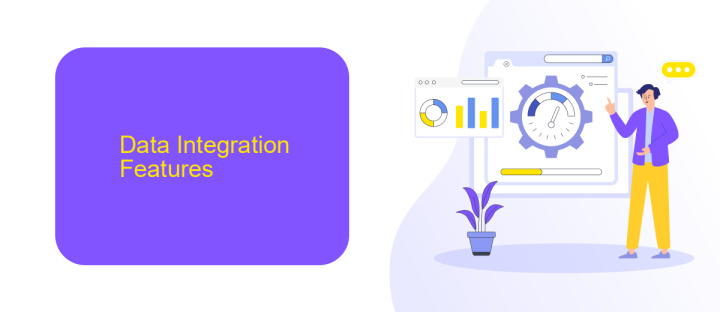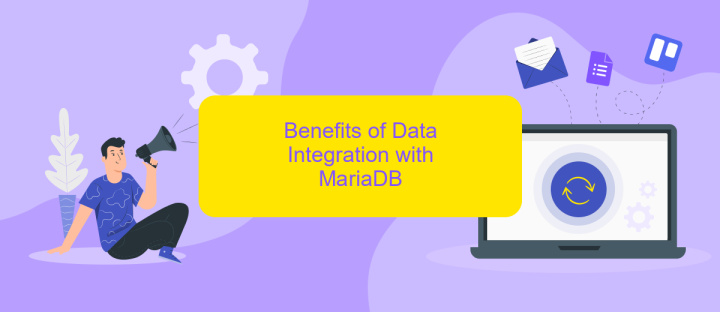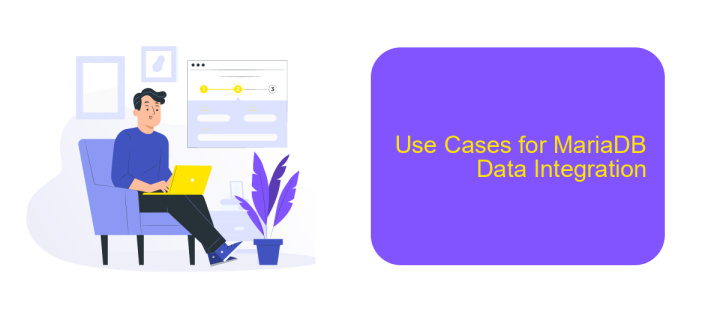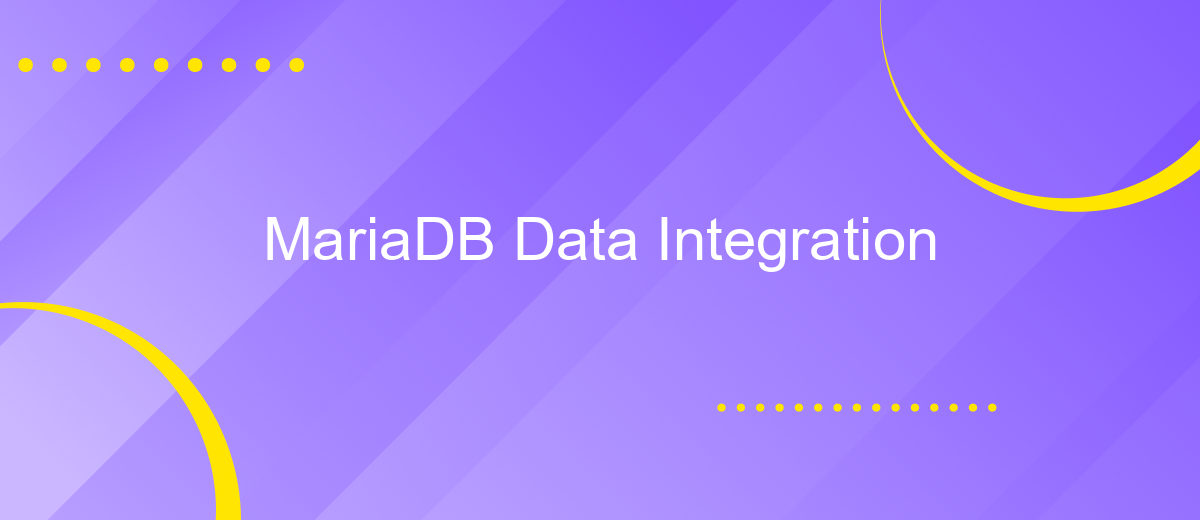MariaDB Data Integration
MariaDB Data Integration is a powerful solution designed to streamline the process of combining data from various sources into a unified, accessible format. By leveraging advanced features and robust performance, MariaDB ensures seamless data flow, enhancing decision-making and operational efficiency. This article explores the key components, benefits, and best practices for implementing MariaDB Data Integration in modern data-driven environments.
Introduction
MariaDB is a powerful open-source relational database management system that is widely used for data integration. It offers robust features and high performance, making it a preferred choice for many organizations. Integrating MariaDB with various data sources and applications is crucial for seamless data flow and efficient operations.
- High Performance: MariaDB ensures quick data processing and retrieval.
- Scalability: Easily scale your database as your data grows.
- Flexibility: Supports various data integration tools and platforms.
- Security: Provides advanced security features to protect your data.
For effective data integration, services like ApiX-Drive can be incredibly useful. ApiX-Drive allows you to automate and streamline the integration process, connecting MariaDB with numerous applications and services without the need for complex coding. This not only saves time but also ensures reliable and consistent data synchronization across your systems.
Data Integration Features

MariaDB offers a comprehensive suite of data integration features that facilitate seamless data flow between various systems. With built-in support for a wide range of data sources, MariaDB enables users to connect and integrate data from different databases, applications, and cloud services. This flexibility ensures that data can be synchronized and consolidated efficiently, providing a unified view of business information. Additionally, MariaDB's robust ETL (Extract, Transform, Load) capabilities allow for efficient data transformation and migration, ensuring data integrity and consistency across platforms.
For those looking to streamline their data integration processes, services like ApiX-Drive can be invaluable. ApiX-Drive offers an easy-to-use interface for setting up and managing integrations between MariaDB and other applications. It supports a wide range of connectors and automation tools, enabling users to automate data workflows without the need for extensive coding. By leveraging ApiX-Drive, businesses can enhance their data integration strategies, reduce manual effort, and ensure timely and accurate data synchronization across their entire ecosystem.
Benefits of Data Integration with MariaDB

Integrating data with MariaDB can significantly enhance your business operations by providing seamless data flow and improved data management. By consolidating data from various sources, MariaDB ensures that your data is accurate, up-to-date, and easily accessible.
- Enhanced Data Consistency: Integration with MariaDB ensures that data from different sources is consistent and reliable, reducing discrepancies and errors.
- Improved Decision-Making: With centralized data, businesses can make more informed decisions based on comprehensive and real-time insights.
- Scalability: MariaDB’s integration capabilities support growing data needs, allowing businesses to scale their operations without compromising performance.
- Cost Efficiency: By streamlining data management processes, MariaDB reduces operational costs and minimizes the need for manual data handling.
- Enhanced Security: MariaDB offers robust security features to protect integrated data from unauthorized access and breaches.
Additionally, services like ApiX-Drive can further simplify the integration process by automating data transfer between MariaDB and other platforms. This not only saves time but also ensures that data is consistently synchronized across all systems, enhancing overall efficiency and productivity.
Use Cases for MariaDB Data Integration

MariaDB data integration is crucial for businesses looking to streamline their data management processes and enhance data accessibility across various platforms. By integrating MariaDB with other systems, companies can ensure seamless data flow, leading to improved decision-making and operational efficiency.
One of the primary use cases for MariaDB data integration is real-time data synchronization. This is essential for businesses that require up-to-date information across multiple departments or applications. Another key use case is data migration, where data from legacy systems is transferred to MariaDB, ensuring data consistency and reducing downtime.
- Real-time data synchronization
- Data migration from legacy systems
- Centralized data warehousing
- Business intelligence and analytics
- Automated data workflows
Tools like ApiX-Drive can significantly simplify the process of integrating MariaDB with other applications. ApiX-Drive offers a user-friendly interface and various pre-built connectors, making it easier for businesses to automate data workflows without extensive coding. This enhances productivity and allows teams to focus on more strategic tasks.


Conclusion
In conclusion, MariaDB data integration offers a robust and flexible solution for managing and synchronizing data across various platforms. By leveraging its advanced features, organizations can ensure data consistency, improve operational efficiency, and gain valuable insights from their data assets. The seamless integration capabilities of MariaDB make it a preferred choice for businesses looking to streamline their data workflows and enhance their decision-making processes.
Moreover, utilizing tools like ApiX-Drive can further simplify the integration process by automating data transfers between MariaDB and other applications. ApiX-Drive's user-friendly interface and extensive compatibility with numerous platforms enable businesses to set up integrations quickly and efficiently, without the need for extensive coding knowledge. This combination of MariaDB's powerful database management and ApiX-Drive's integration automation provides a comprehensive solution for modern data management needs.
FAQ
What is MariaDB Data Integration?
How can I automate data integration tasks in MariaDB?
What are the common challenges in MariaDB data integration?
How do I ensure data consistency during MariaDB data integration?
Can I integrate MariaDB with cloud-based applications?
Apix-Drive is a universal tool that will quickly streamline any workflow, freeing you from routine and possible financial losses. Try ApiX-Drive in action and see how useful it is for you personally. In the meantime, when you are setting up connections between systems, think about where you are investing your free time, because now you will have much more of it.

